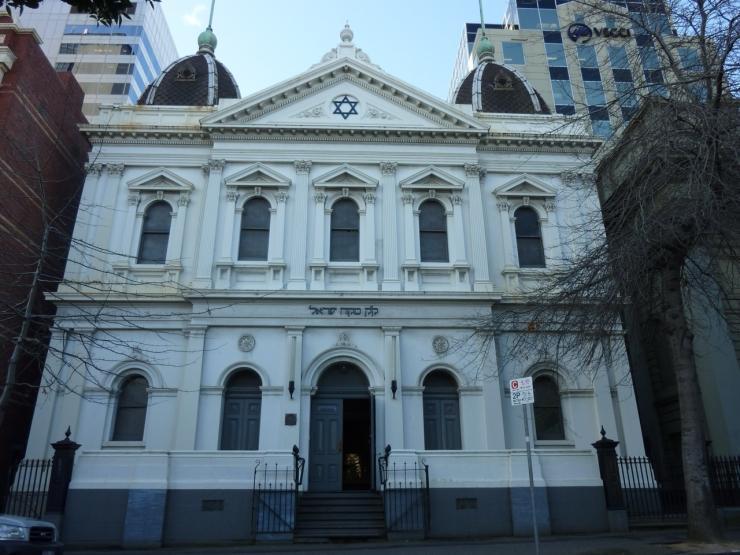The Flawless Magid
The heavens filled with clouds and the blessed rains poured down upon the fields and gardens. The village was filled with joy and gratitude to Hashem • Full Story
The Baal Shem Tov once came to a small village whose inhabitants were mainly simple Jews, craftsmen and farmers, but also faithful men who heeded G-d’s holy will. They worked hard all week long, but they prayed three times daily and recited the entire tehilim early each morning. On Shabbos they got together and recited the entire Book of Psalms twice, once in the morning and again in the afternoon. Someone would occasionally teach these people a verse of Chumash or a mishna in Pirkei Ovos. The Baal Shem Tov derived much pleasure from these simple Jews, from the recitation of their tehilim, from their simple and guileless prayers, and from their wonderful family life.
In those days the Baal Shem Tov still dressed himself like a workingman, a tailor or shoemaker, thus enabling him to mix freely among these Jews. The Baal Shem Tov loved to meet the little children and taught them to say Shema Yisroel, Modeh Ani, Torah Tziva, Beyodcho Afkid, and other such verses. With the benevolent eye of a leader and counselor he enjoyed observing the pure, lovely lives these families led.
The people gathered and told of the wonders of the Creator, of how the rains had revived their crops.
When the Baal Shem Tov and his companions saw the great rejoicing and the sanctification of G-d’s name as everyone praised Him, and when they heard of the decree concerning the coming Shabbos, they were overjoyed and remained in the village in order to witness the community’s gladness and the Kiddush Hashem.
When the maggid heard this he cursed the president for shaming the Holy Torah by not showing proper respect for such a scholar as he.
“What kind of a retort is it to tell a Talmid Chochom such as I that there is no time to hear my sermon! For sleeping and eating you can find enough time but to hear words of Torah and mussar, you cannot? Gehennom will be too small to contain you all!” He continued pouring out a stream of curses upon the president and the members of the community.
“Rabbi, it is stated in the Midrash that Hakodosh Boruch Hu told Moshe Rabbenu to reprove Him, as it were. Who are you then to say harsh words to these townspeople who serve their Creator so faithfully ! You should instead reprove Hakodosh Boruch Hu, as it were, for not having shown mercy upon His children. And now, that he had indeed shown them Divine compassion by sending them the blessed rains, let them continue to worship Him faithfully !”
86
Join ChabadInfo's News Roundup and alerts for the HOTTEST Chabad news and updates!










































